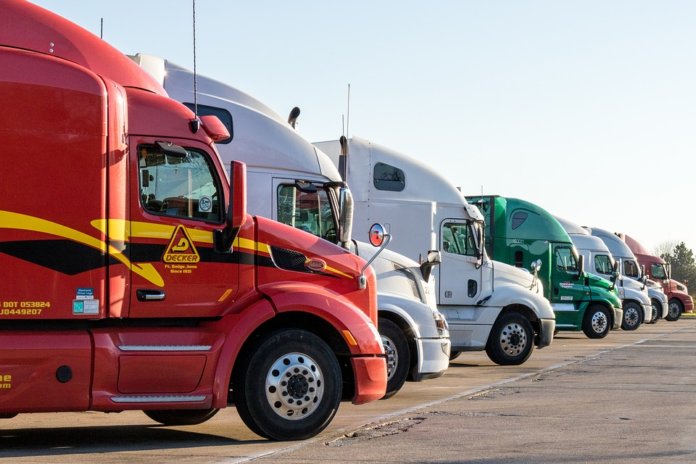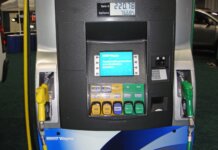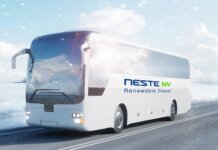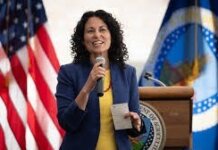U.S. Gain has brought online a new renewable natural gas (RNG) development project in Springfield, Neb.
The project, producing clean fuel for the transportation industry, also has an RNG supply contract for Southern California Gas Co.’s (SoCalGas) natural gas fueling station network.
As a vertically integrated RNG provider, U.S. Gain is working with producers and developers on landfill, agricultural and wastewater treatment RNG development projects. This latest project is the Sarpy County Landfill, which will produce enough RNG to fuel 117 Class 8 trucks daily – the equivalent of displacing more than 2.3 million gallons of diesel.
“The transportation industry needs clean fuel, and we’re committed to meeting the growing demand of RNG,” comments Mike Koel, president of U.S. Gain. He notes that the company has 20 RNG development projects currently “in process.”
RNG is methane captured from landfill, wastewater treatment plant and agricultural waste that is cleaned and conditioned. Once the gas is certified for use, it can be dispensed through natural gas fueling stations as a drop-in fuel, with no changes to fueling equipment or vehicles.
California utility SoCalGas plans to replace compressed natural gas with RNG across its fueling station network. RNG offered at these stations is expected to reduce greenhouse-gas emissions by more than 21,000 metric tons annually.
“SoCalGas is excited to offer RNG at many of our natural gas vehicle fueling stations from U.S. Gain,” says Jawaad Malik, vice president of the utility’s gas acquisitions business. “RNG is an important tool in helping reduce greenhouse-gas emissions; that is why SoCalGas has committed to having 20 percent RNG in our system by 2030.”
Bryan Nudelbacher, director of business development for U.S. Gain, says providing RNG throughout the SoCalGas fueling network will substantially improve air quality for residents in Southern California.
“The best feature of renewable natural gas is the ability to provide up to 125 percent well-to-wheel emission savings when used in transportation,” explains Nudelbacher. “We look forward to supplying the cleanest fuel option to more fleets and stations in California, as well as the rest of North America.”







